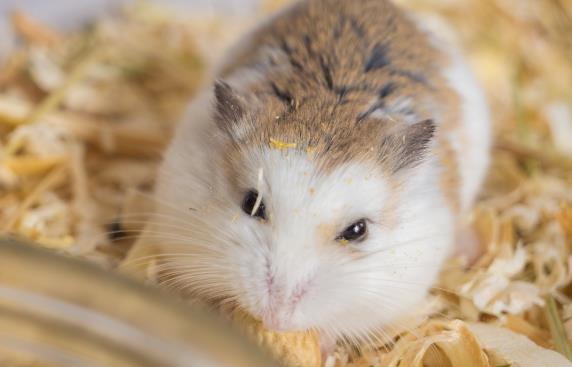Certainly! Hamsters have remarkably short tails that are easy to miss. Below is a detailed explanation of their tail characteristics:

I. Tail Features
Physical Appearance
Typically measures 0.5–1.5 cm in length (roughly the size of a grain of rice)
Fur-covered and rests flush against the rump, appearing as a small fleshy mound when stationary.
Breed Variations
Syrian Hamsters (Golden Hamsters): Have the shortest tails, almost indistinguishable from the body.
Dwarf Hamsters: Tails are slightly more visible, especially in Roborovski hamsters.
II. Functions and Traits
Lack of Prehensility: Unlike squirrels and other rodents, hamster tails cannot grasp or wrap around objects.
Health Marker: Wet tail (a bacterial infection) causes tail dampness and soiling, requiring immediate treatment.
Emotional Cue: Tails may twitch upward slightly when stressed, though less noticeably than in most animals.
III. Common Misconceptions
"Tailless" Perception: Fur often obscures the tail, particularly in long-haired breeds (e.g., Teddy Bear hamsters).
Confusion with Guinea Pigs: While guinea pigs lack visible tails, hamsters belong to a distinct taxonomic family.
(Note: A bald or inflamed tail may indicate bite injuries from cage mates or skin infections.)
